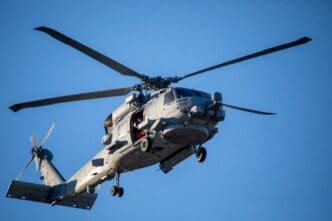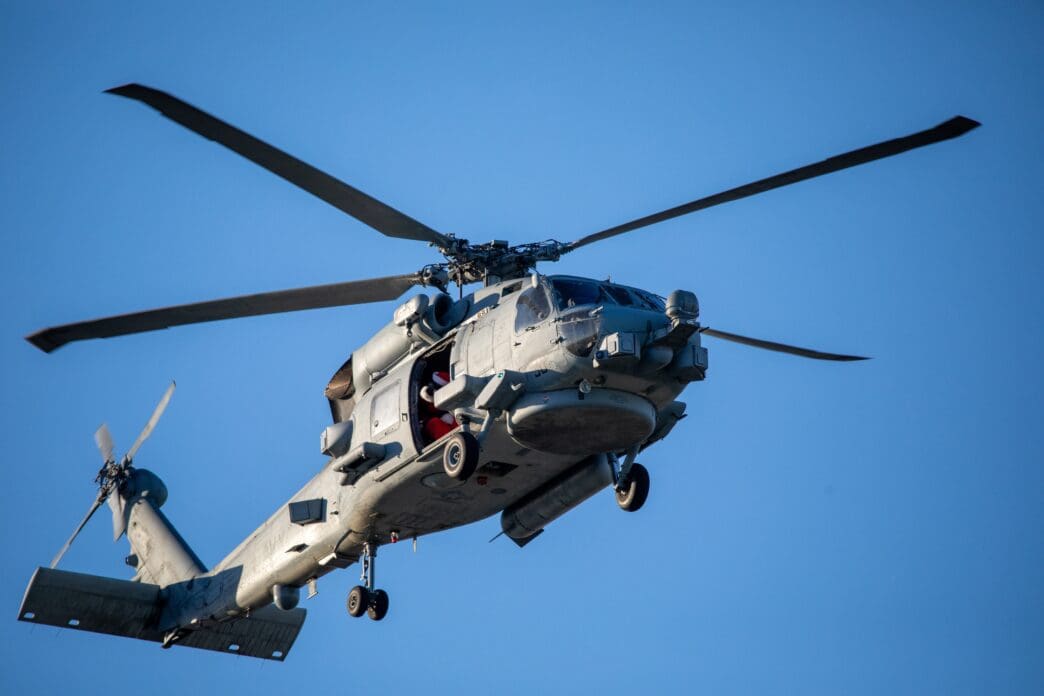Executive Summary
The Story So Far
Why This Matters
Who Thinks What?
The U.S. military carried out its 21st strike on an alleged drug-trafficking vessel in international waters on Saturday, resulting in the deaths of three individuals, U.S. Southern Command announced Sunday. The operation, directed by Secretary of War Pete Hegseth, occurred in the Eastern Pacific as part of an ongoing campaign to disrupt narcotics smuggling.
U.S. Southern Command stated on social media that intelligence confirmed the vessel was involved in illicit narcotics smuggling along a known route and was carrying drugs. The command further reported that “three male narco-terrorists aboard the vessel were killed” during the strike.
This latest incident increases the total number of fatalities from U.S. military strikes on alleged drug boats to 83. The military has reportedly utilized a range of assets, including fighter jets, drones, and gunships, in this campaign designed to impede the flow of drugs into the U.S.
The Justice Department has informed Congress that the administration believes it does not require legislative approval for these strikes, a position some experts contend could violate U.S. and international law. The ongoing campaign has also generated diplomatic strains with allies.
Both the United Kingdom and Colombia have taken steps to distance themselves from the operations. The UK has ceased sharing intelligence on suspected drug-trafficking vessels, citing concerns about complicity in strikes it deems illegal, while Colombia’s president has ordered a suspension of intelligence sharing with the U.S. until the attacks cease.
Ongoing Campaign Raises Legal and Diplomatic Questions
The continued escalation of U.S. military actions against suspected drug vessels highlights an intensifying effort to combat narcotics trafficking, yet simultaneously fuels international debate over their legality and impact on allied relations.








